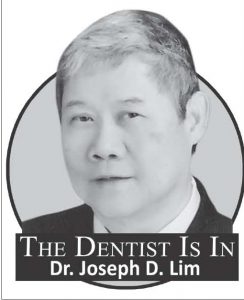
How senior citizens perceive the importance of their oral health makes all the difference. Their perception will help decide if they will seek dental treatment at all, according to new research at the School of Dental Medicine at Case Western Reserve University.
The study shows that a new oral health illness perception measure for adults aged 62 years and older is valid and reliable for assessing older adult’s perception of dental conditions.
It can be an important tool for oral health behavioral research to restructure older adult’s perception of dental conditions, and subsequently prevent tooth loss and improve oral health quality of life.
The measurement tool identifies a correlation between seniors who value dental care and those who seek it out, despite the cost, transportation to appointments and other common barriers.
With this information in mind, researchers hope to get this on the radar of providers and practitioners to help change these perceptions.
The researchers used an approach known as the Common Sense Model of Self-Regulation, a new psychological framework describing a person’s perception of chronic issues that drive coping and action-planning.
“First, we wanted to develop a new survey instrument that can measure seniors’ perception of oral diseases,” said Dr. Suchitra Nelson, Professor of Community Dentistry and Assistant Dean of Clinical and Translational Research at the dental school.
“Once we can measure this, then we can design behavioral interventions to see if they seek treatment,” said Dr. Nelson, the study’s lead author.
Researchers surveyed 198 residents age 62 and older from 16 senior housing facilities around Northeast Ohio. A 43-item illness perception questionnaire assessed their cognitive and emotional representation of their dental condition.
The researchers also collected information on their demographics, the perceived condition of their teeth and gums, depression, social support and quality of life as it relates to their oral health.
Participants were then examined for any missing teeth, gum disease and overall oral health condition.
“We speculate that if seniors value dental care, they’ll seek it out,” Dr. Nelson said. “Barriers – such as cost, transportation and other medical issues – should not interfere if beliefs about the importance of dental care are high enough.”
Demographics – such as race, marital status, housing, level of education – didn’t make much difference in the results, meaning that there was something else at work to explain why some seniors have more dental issues than others. It all came down to perception, Dr. Nelson said./WDJ
